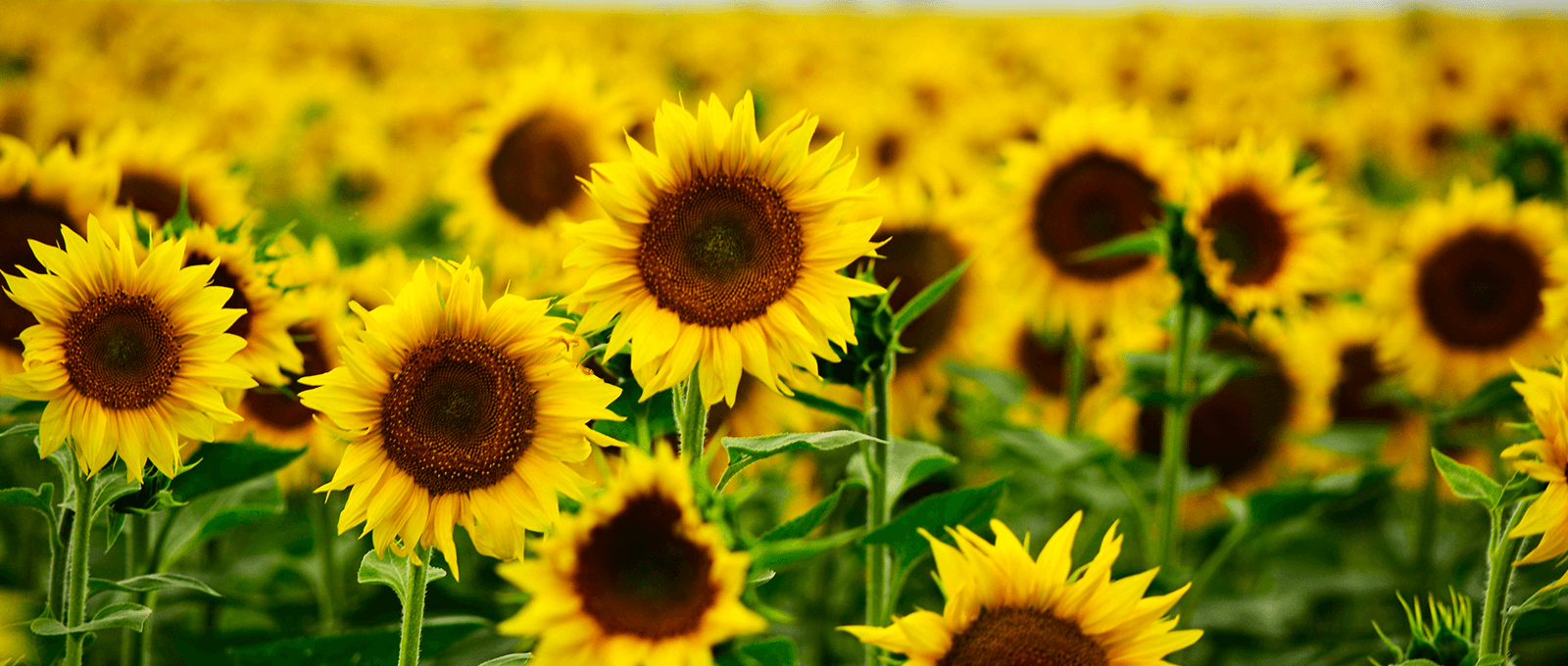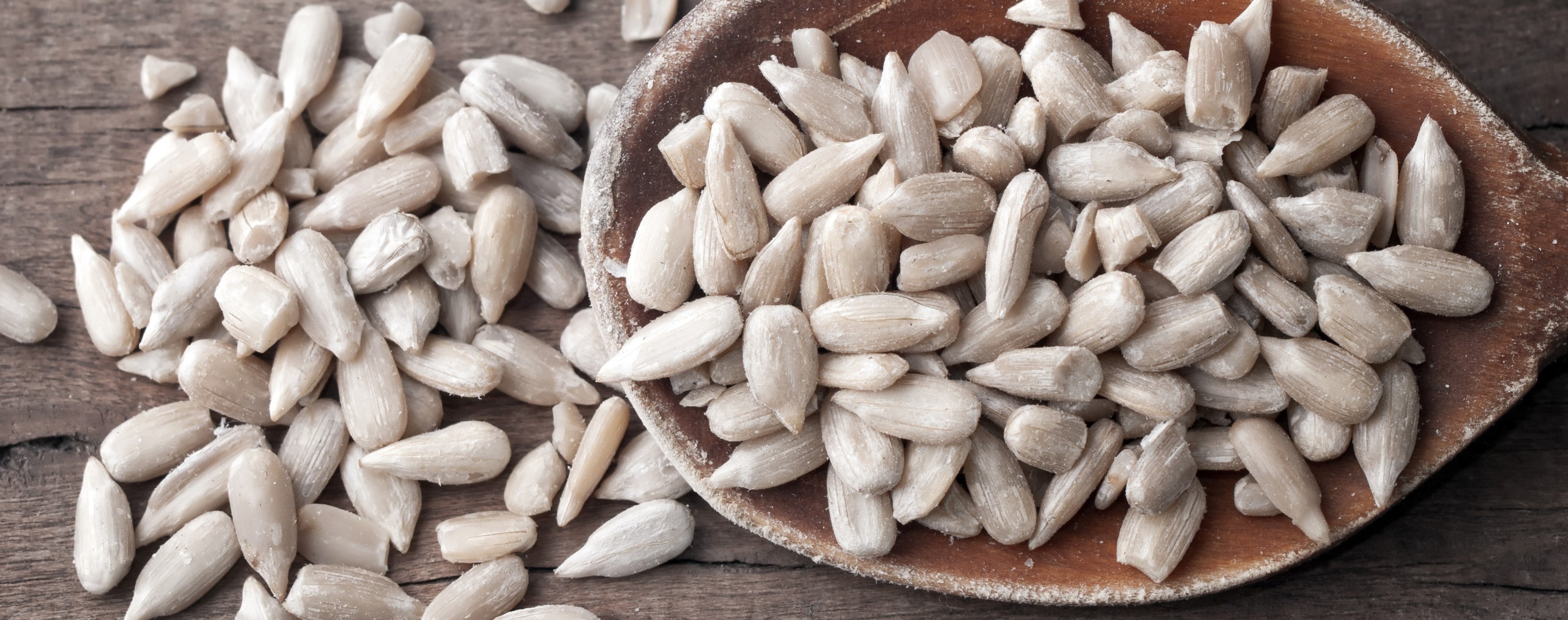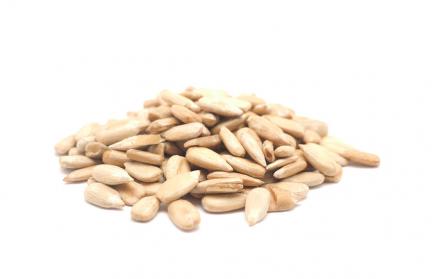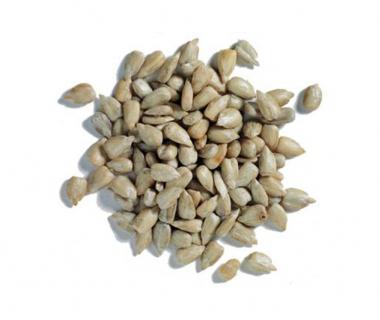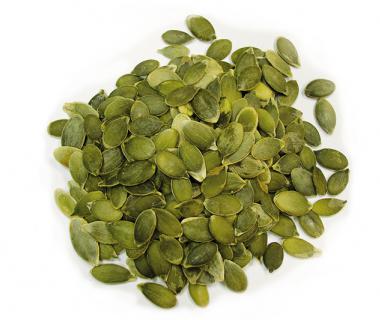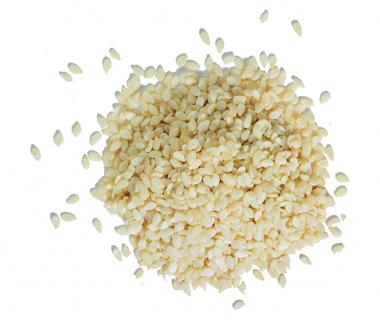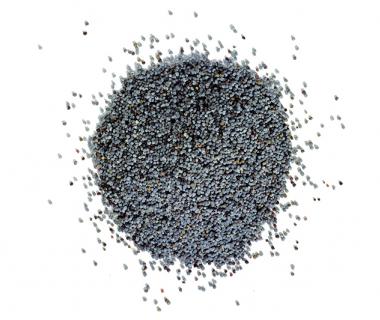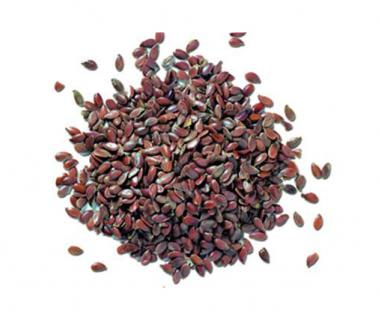Um in den komplexen und sehr volatilen Märkten für Lebensmittelrohstoffe heute Kaufentscheidungen optimal zu treffen, bedarf es fundierter Marktkenntnisse und umfangreicher zeitnaher Informationen.
Sonnenblumenkerne
Die botanische Bezeichnung leitet sich aus dem Griechischen ab: helios (Sonne) und anthos (Blume).
Die wilde Sonnenblume war in Nord- und Mittelamerika beheimatet. Archäologische Funde zeigen, dass Sonnenblumen in der Region des Mississippi und auch um Mexico City schon vor ca. 4.500 Jahren angebaut wurden. 1552 wurden von spanischen Seefahrern Samen der Sonnenblume von Amerika nach Europa gebracht. Hauptanbaugebiete sind heutzutage China, die U.S.A. (Dakota), Bulgarien, die Ukraine, Russland und Ungarn.
Die Sonnenblume ist eine einjährige krautige Pflanze mit einer Wuchshöhe von 1–2 Metern, die bis zu 2 Meter tief wurzelt. Sie benötigt tiefgründigen, nährstoffreichen Boden, ausreichend Wasser und Sonne. Die Bestäubung der Blüten erfolgt durch verschiedene Insekten. Die Blütezeit ist von Juli bis September. Da die Blütenköpfe sich dem Sonnenlicht zuwenden, wird die Sonnenblume als „Kompasspflanze“ bezeichnet.
Zunächst wurde die Sonnenblume als Zierpflanze genutzt. Ab dem 17. Jahrhundert verwendete man die Kerne für Backwaren oder geröstet als Ersatz für Kaffee und Trinkschokolade. Erst seit dem 19. Jahrhundert werden Sonnenblumenkerne auch als Ölsaat genutzt und zum Kochen und als Zugabe zu Salaten verwendet. Heutzutage finden Sonnenblumenkerne bei Backwaren in Brot und Brötchen große Verwendung. Sonnenblumenkerne sind die am meisten verwendete Ölsaat im Bäckereibereich.
Sonnenblumenkerne enthalten über 90% ungesättigte Fettsäuren, Vitamin E, Vitamin B, Vitamin A, Vitamin F, Karotin, Calcium, Iod und Magnesium und sind somit ein gesundes Nahrungsmittel. Man unterscheidet vier Typen von Sonnenblumenkernen: den Speisetyp (confection), den Öltyp (bakery), den Futtertyp und den Ziertyp.

